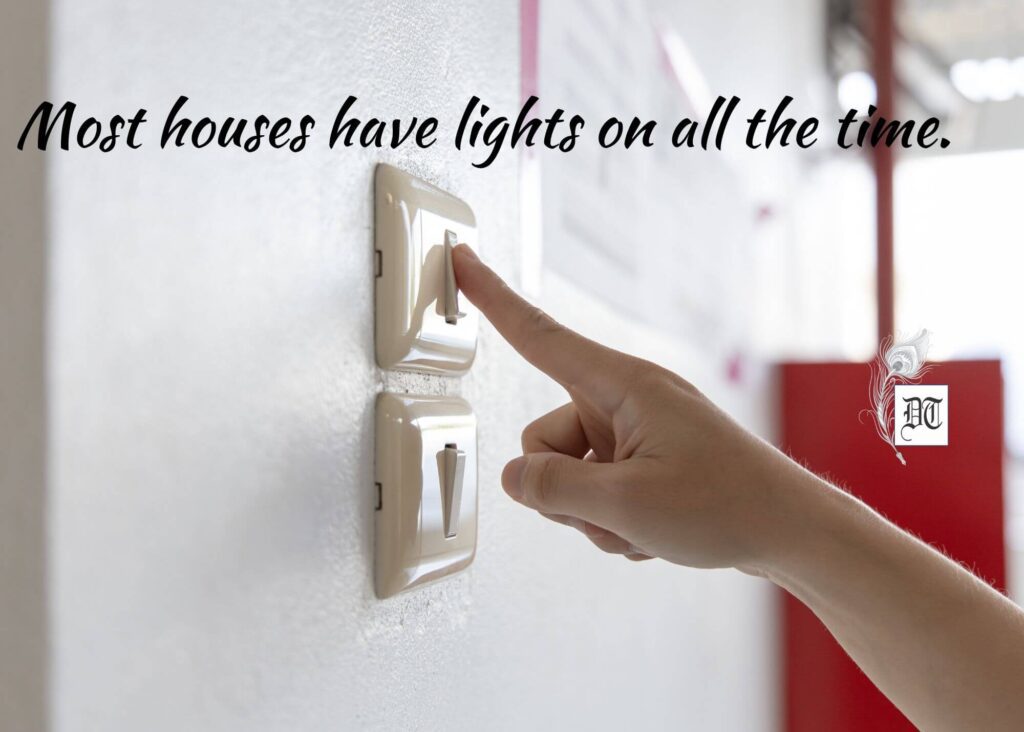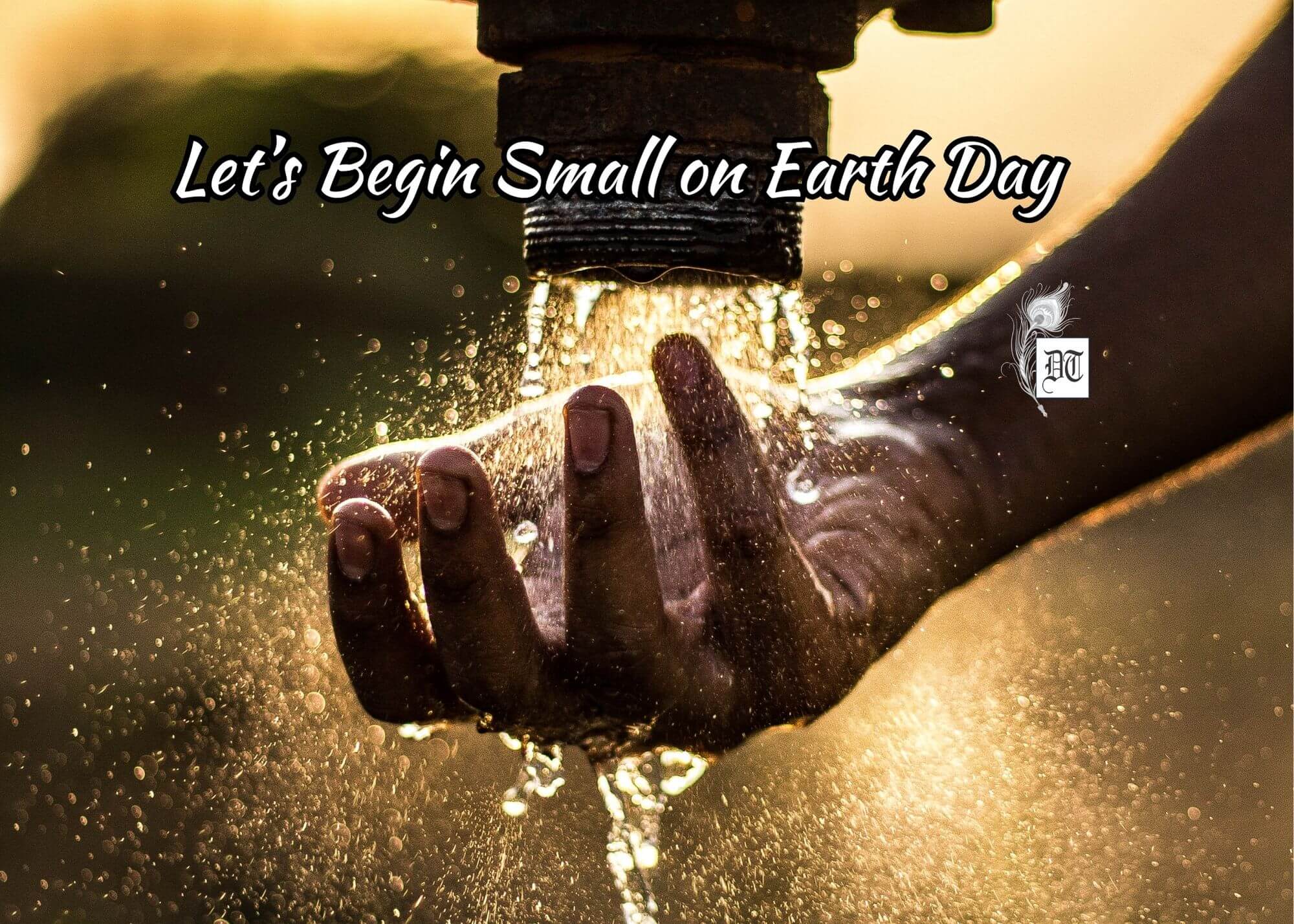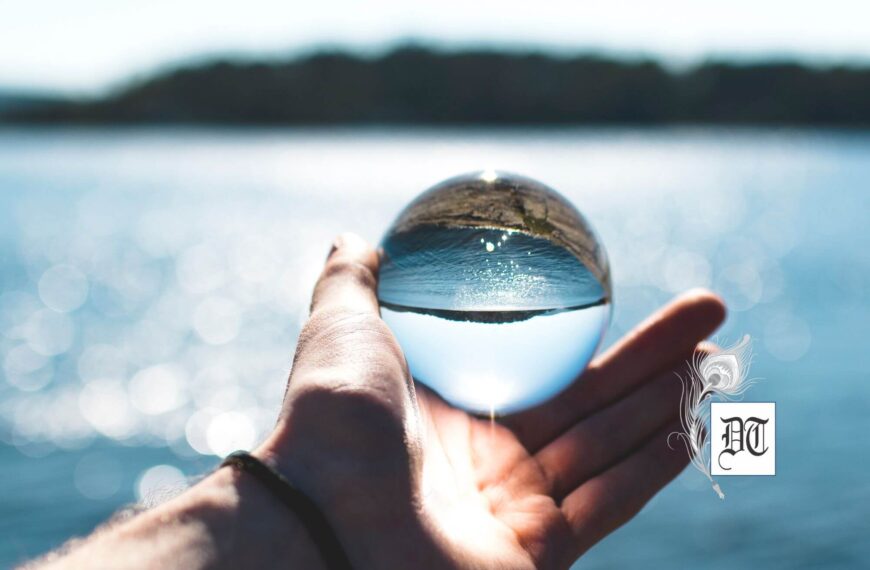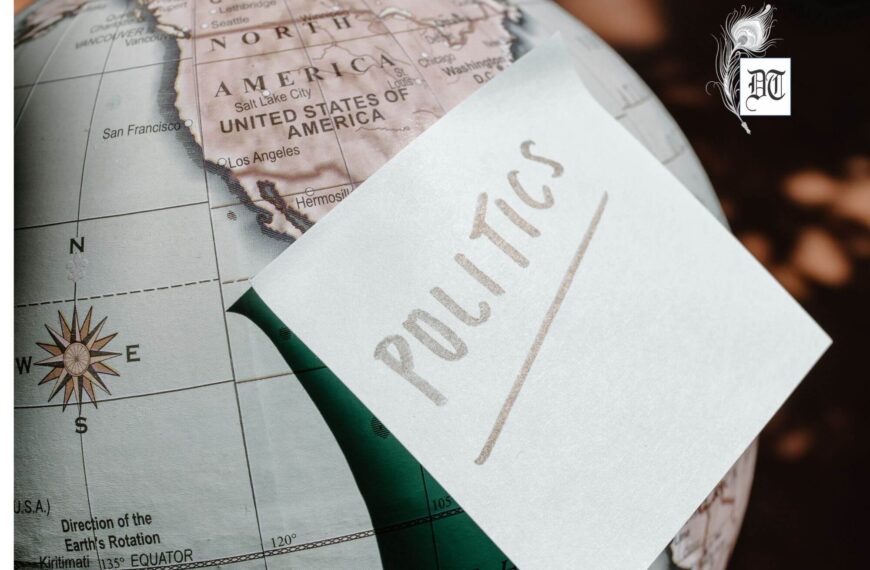Each of us is responsible to cut down senseless wastage of resources. It’s important that we save water, conserve energy, recycle and avoid the use of plastic. Sukanya, in a candid, personal account, is brutally honest and does not spare herself for faltering in conserving natural resources and saving energy. Here’s a special feature in Different Truths on Earth Day.
The drip, drip in the shower has been going on for a while. The shower needs to be replaced and even though not much water is being wasted, I still feel bothered. The sound gets on my nerves every time I enter the bathroom, and also the fact that if I collect each drop, it will end up being a few buckets full at the end of the day. And that is a lot of water. It’s enough water for my front bushes, enough water to wash dishes, enough water to take a bath maybe. I live in a wasteful society. Yes, most Americans are wasteful. Not that they do it deliberately, it is just that they have everything in abundance, so the concept of preserving is not ingrained in them. To be fair though, I must say that they are changing. They are being more conscious and they, with the rest of the world, celebrates Earth Day, on April 22, every year.
I though like that extra water in the flush – for obvious reasons.
Now what can we do to conserve and preserve? What can we do to maintain this beautiful planet of ours? A lot of these things can start small and start from home. For instance, while brushing don’t let the water run. Once done with brushing you may turn on the tap. That saves a lot of water. For dishes, instead of running the dishwasher, you may hand wash. I hand wash my dishes a lot. A few plates, a glass, even the cooking utensils – how long does it take?. As such, I prefer hand washing these. It cleans better (in my opinion). Then those bath waters. Bathtubs here in the USA are big, very big. Everything here is big, and filling those tubs takes a lot of water. Long showers may be avoided – turning off the shower while you soap yourself or shampoo (I will be honest here, I don’t do that – I love the constant trickle of warm water, while I am in the shower). Then the flush, here water gushes out when you flush. One time we had a European visitor and he was surprised at the force with which water rushes when you flush here. In a way it is good, in another way, maybe, it is wastage. IthoughthI like that extra water in the flush – for obvious reasons.
Hanging out clothes and bringing them back in once they are dry, takes time, and I am always running out of time.
Another thing I am guilty of, and many more are. And here I cannot make a compromise, even though making one would have been nice. That is the use of the washer and dryer. Hand-washing clothes would have been nice, but I just don’t have the time or energy to wash all those clothes that pile up in a very short time. I need the washing machine to do my laundry. The dryer on the other hand may be avoided, especially in Texas – in colder climates that of course is tough. Texas has nice sunny days usually and drying clothes is easy. But, we have homeowners’ rules here. People living in apartments cannot have clothes hanging in plain sight, though the ones in houses can do it in the backyard. Once again I don’t follow what I believe in. I do use the dryer, except for my good clothes, not because I am conserving energy, but because I don’t want those nice fabrics to get faded. Hanging out clothes and bringing them back in once they are dry, takes time, and I am always running out of time. Also, we do have sudden showers. Imagine all those clothes dry and hanging from clothes peg swaying and there comes a sudden thunderstorm with heavy showers and gusty winds. The clothes get all soaked and some might even tumble in the wet yard and get dirty. Oh no, that means more work. Even though I would love to avoid the dryer, I don’t. Maybe someday, I will.
Staying on the topic of water, back in India water was a precious commodity. A turn of the switch pumped water, which was then filled up the tanks. And once the tanks were filled we then could use the water. We did not have constant water flow the way we have here. In the bathrooms barrels filled with water were kept for emergency. I still remember the ‘bharis’, men who brought water to the houses that had water scarcity. A long rod was set on their shoulder blades and from both ends hung tin buckets filled with water. Drinking water did not flow freely either. Our household help would walk to the manual pump at the end of the road and fill the earthen pots with water, and carry it back. Those were another time, now things have changed in India. Houses have aqua guard and filtered water is easily accessible.
Office lights remain turned on even after work hours.
As I leave a room, out of habit – an old habit that I inculcated when very little – I switch off the lights and fan. Growing up in India in the ’70s, ’80s, and ’90s, we do know how precious the power supply was. The power outage was common. It happened every day. We called them ‘load shedding’. In the evening, when the entire neighborhood was engulfed in darkness, we would light up a candle, or a hurricane lamp. Those hurricane lamps were filled with kerosene and had a wick that became sooty very quickly. And in that dim light, our parents did their household chores, and we did our studies and homework. Here power outages are occasional. Very rarely do we have it. And when do, we are at a loss. Everything little thing is dependent on electricity. We have an electric stove. So power failure means no cooking, no food. Even the garage door that we use as a regular door cannot open if there is a power failure. And if the main door is locked with one way bolt from the inside, we are at a complete loss. We remain locked out. I know because it has happened to me. Luckily, the other garage door is manual, and the turn of the key opens it. And yes, this concept of turning off lights is alien to most Americans. Call it the bad habits of the wealthy West. Office lights remain turned on even after work hours. Most houses have lights on all the time. My kids have this bad habit too – a habit I have been trying to get rid of. One little flick of the switch can save energy. However little it might be.

Recycling I do diligently. I recycle whatever I can. On Wednesdays, our recycled stuff gets picked up, and that small green tub is always overflowing. Plastic bottles, packages, cartons, glass bottles – everything goes into that bin. I still wish we had separate bins from plastics and glass. In Texas, we do not have it, but what we have will do. At grocery stores, I prefer paper over plastic as carryout bags, though at times I have to admit plastic is preferred. And the extra plastic bags that I collect, I give it to the local libraries. Often the patrons need these bags to carry their books.
Planting trees is such a wonderful thing too, but I will not get into that. I have a green thumb but it is that poisonous green. Whatever plant I had planted, they all died. So I always enjoy it when others plant trees and those trees thrive. More trees will make our planet better.
These are small things that can happen in our homes. And then there are those bigger things. Things like water pollution that needs to be looked into. Also, issues like landfills, littering, wasting natural resources. Those are much bigger issues and need to be considered and rectified to our best interest.
Till then, let’s work on the small ones as best as we can!
Picture design Anumita Roy, Different Truths





 By
By
 By
By
 By
By